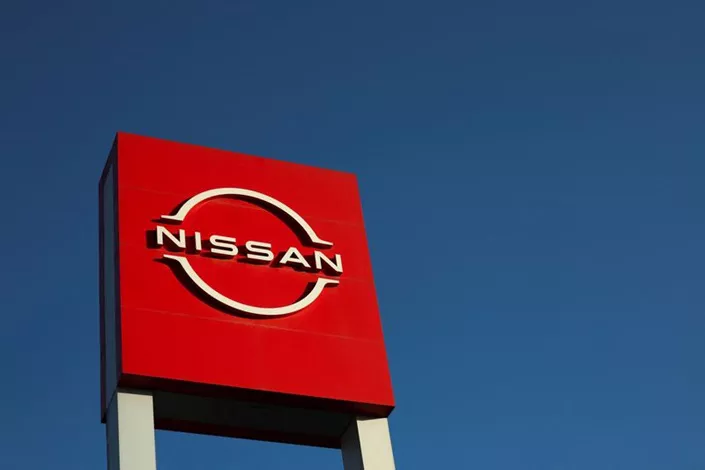Nissan Motor announced on Friday that it would abandon plans to build a $1.1 billion factory for electric vehicle batteries on Japan’s Kyushu Island. The decision comes as part of the company’s ongoing restructuring efforts.
In January, Nissan revealed plans to build a lithium iron phosphate (LFP) battery plant in Kitakyushu City, aiming to create 500 jobs with an investment of 153.3 billion yen ($1.05 billion). However, Nissan stated that after reviewing the efficiency of the investment, it has decided to cancel the project.
The company, which is facing financial challenges, has stated that it is exploring all options to improve its performance. “Nissan is taking immediate turnaround actions to recover,” the company said in a statement.
The Japanese government had pledged a subsidy of up to 55.7 billion yen for the project, which was initially expected to begin production in July 2028 or later, with an annual output capacity of 5 gigawatt-hours (GWh).
This move follows the appointment of Nissan’s new CEO, Ivan Espinosa, who took over from Makoto Uchida last month. Espinosa is overseeing a major restructuring of the company, including workforce reductions, capacity cuts, and plant closures.
Nissan also recently projected a record net loss of between 700 billion yen and 750 billion yen ($4.8 billion to $5.1 billion) for the fiscal year ending in March, primarily due to impairment charges. The company is set to release its financial outlook and update on its recovery efforts during its full-year financial results announcement on Tuesday.
Related topics:


